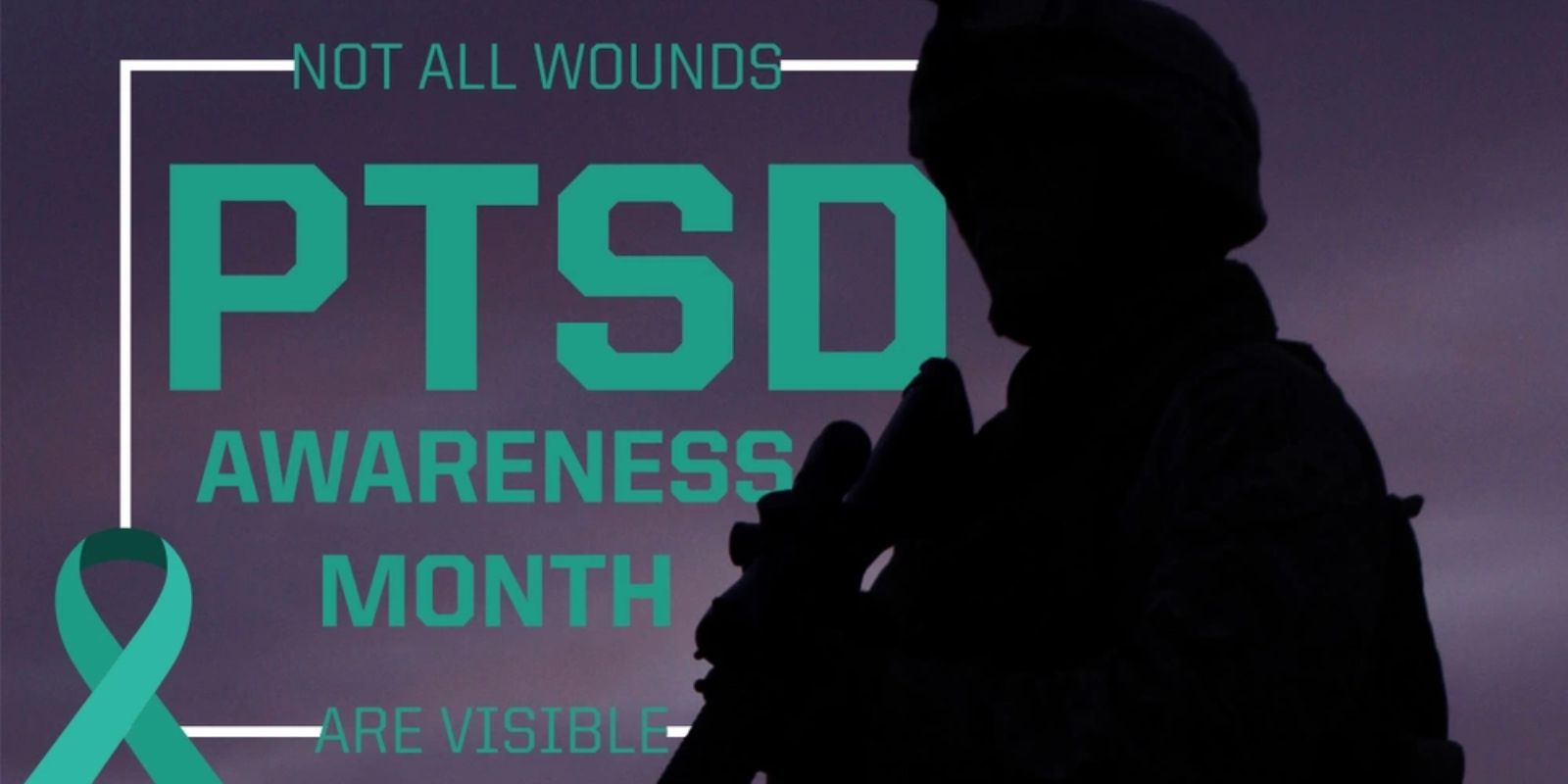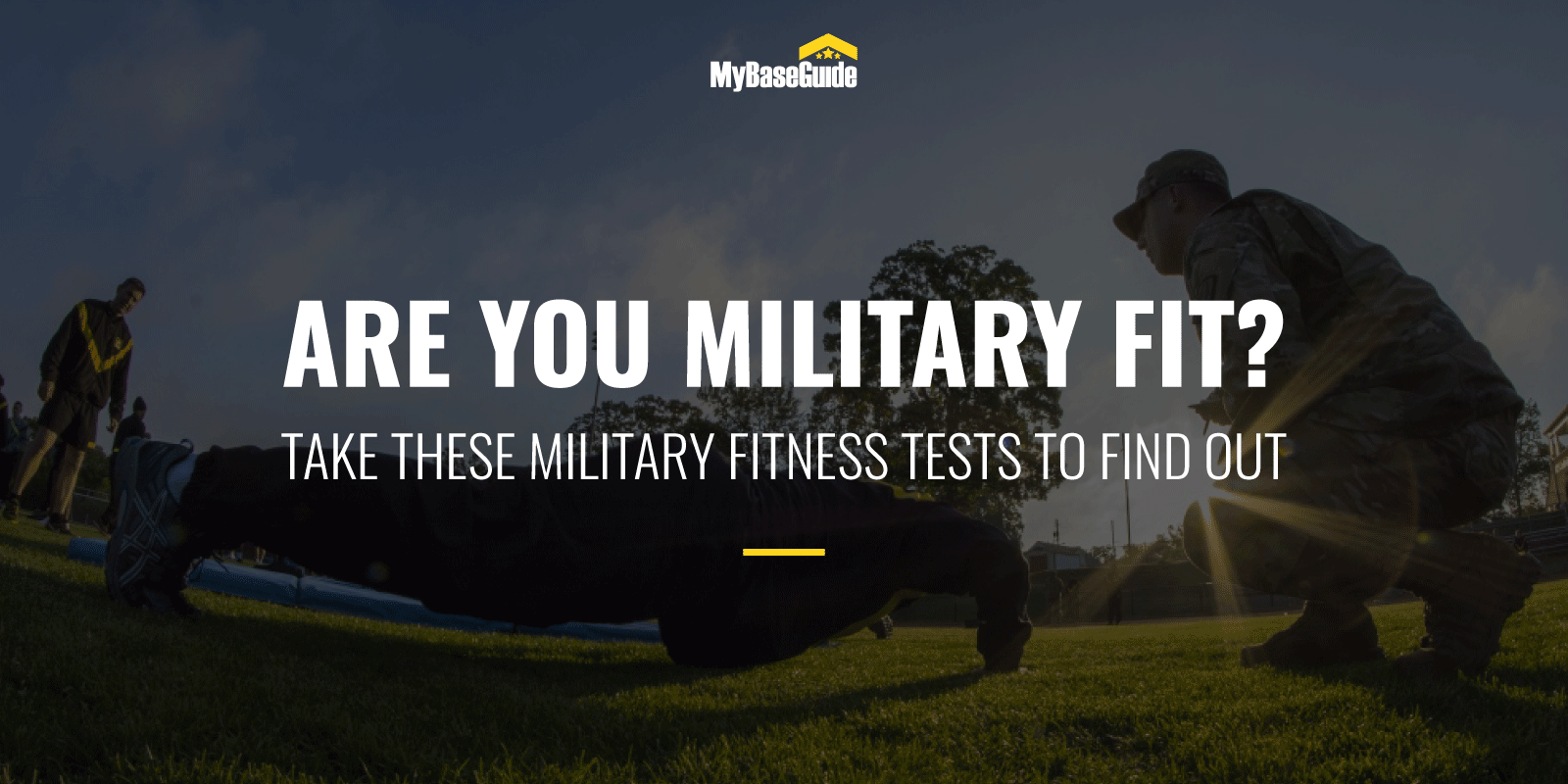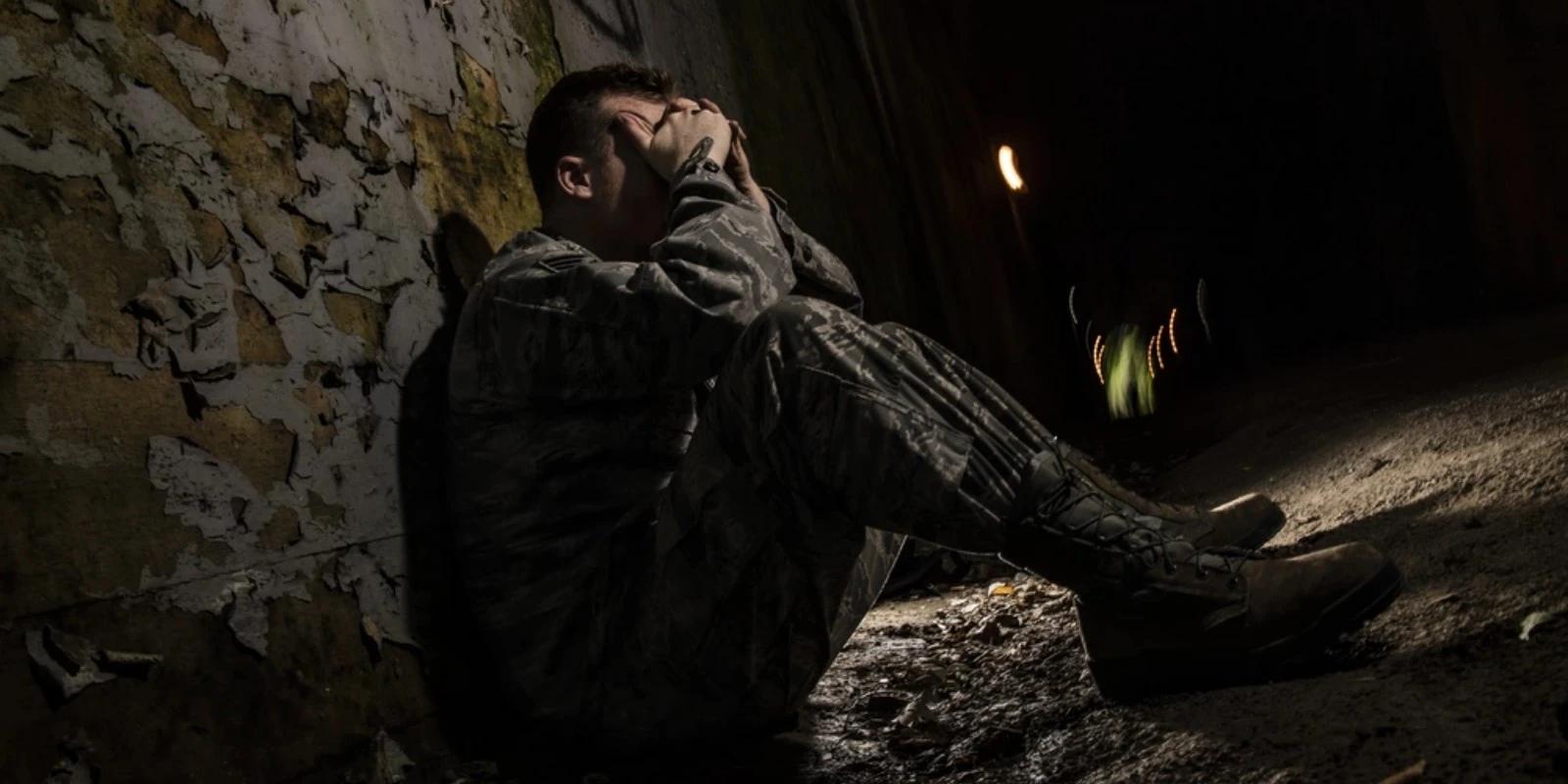MILITARY HAZING WORKS AGAINST THE AMERICAN ARMED FORCES AND ITS GOALS
By Buddy Blouin
There is no doubt that the culture within the U.S. military is unique unto itself. Troops are called to be tough, gut it out, and in many ways, suffering physical and mental challenges are classic traits of military service. But military hazing is not the same as gutting it out on a long run or when you haven’t slept in a ridiculously long period of time due to training. Hazing in the military is a cruel, unnecessary practice built on abuse and fostered through a lack of standards. Ending such practices helps our military remain elite and improves the mental health of this nation’s heroes as a result.
What Is Hazing in the Military?
Military hazing can come in many different forms. Most commonly, it means engaging in the practice of subjecting military personnel to humiliating, abusive, or dangerous activities. This is done as a rite of passage, initiation, punishment, or simply harassment. It’s a practice that was always outdated but finds itself in the crosshairs due to the extremity in military hazing can involve. Hazing in the military examples can come through any number of actions that qualify as abuse, both physical and verbal, harassment, including sexual harassment, and various forms of assault. There are several negative effects that can result due to hazing as there is bullying, humiliation, and acts of violence often involved. This means that those targeted and subjected to such events can often deal with psychological and emotional trauma, physical injuries, and potentially even die. These actions are thought on the surface level to bring people together but actually do the opposite. From undermining the trust within a group to affecting morale, there are several counterproductive effects that result from military hazing. This means that rather than helping the U.S. military improve as a well-oiled fighting machine, a division is spread and there are vulnerabilities within branches, units, and teams. All of these obviously create a harder work environment for anyone working as a team to complete a mission. Because these issues can be far-reaching and detrimental to the American Armed Forces as a whole, each branch has its own policies prohibiting hazing and other forms of harassment. This means that engaging in such activities can lead to disciplinary action, which can be as severe as time in prison and being discharged from the military itself. But regardless, hazing in the military continues to be a serious problem from time to time. The lack of respect, dignity, and professionalism may feel appalling on paper, but in a competitive, military-minded culture, such things can slip through the cracks if there is not strong leadership maintaining high ethical standards.Negative Mental Health Effects Are Inevitable
An unfortunate, yet unsurprising trend shows that bullying by fellow US Army Soldiers is associated with mental disorders and suicide. Whether it's during training or deployment, the effects of hazing in the military continue to lead to negative mental health including suicide ideation. A variety of negative effects including posttraumatic stress disorder (PTSD), major depressive disorder (MDD), suicidal ideation, substance use disorder (SUD), and intermittent explosive disorder were all results of military hazing stories. But while no one deserves to suffer from such treatment, not all do the same. Data shows that examples of hazing in the military during deployment are much more prevalent for younger women. Furthermore, military hazing affects 1 in 8 Soldiers that are deployed thanks to bullying. Again, such treatment is yet another cause for members of the U.S. Army to suffer from mental disorders and suicidal ideation as a result.There Is No Place for Military Hazing in the American Armed Forces
The rise of wokeness in the military continues to be a topic of interest, debate, and concern. But make no mistake about it, when it comes to military hazing, it’s unacceptable in the U.S. military:- Morally, these actions are wrong regardless of any creed, ideology, or organization.
- Heroes should conduct themselves accordingly. Harming your fellow troops in any way is not an acceptable practice.
- The goals of the U.S. military are undermined by such activities and our national defense becomes weaker as a result.
- Mental health continues to be a focal point in and outside of the military. The idea of hazing in the military is counterproductive to improving mental health within troops.
SHARE:
TAGS:
JOIN OUR NEWSLETTER
Get the latest news and military discounts



